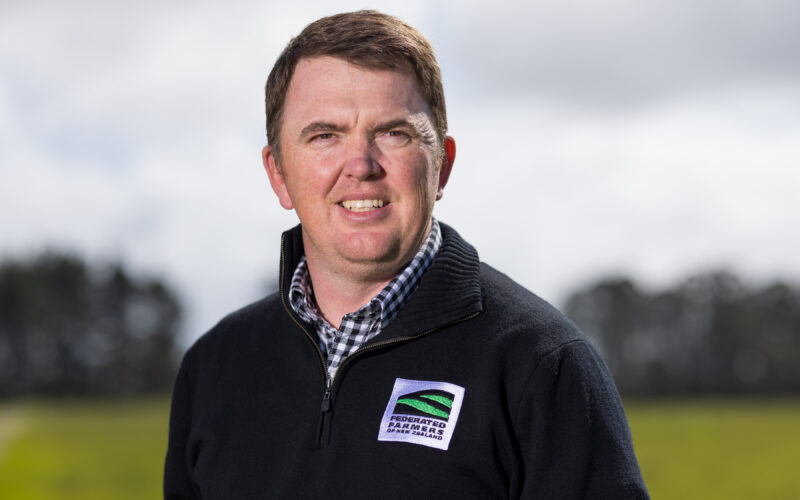Needing to balance the expectations of farmers, politicians and the public means leadership is never a popularity contest.
Federated Farmers president Wayne Langford is discovering that it is an education in time management and being media savvy while also being incredibly accessible.
All that has to be tempered by having limits on what information he can share.
“I have got to tread that fine line about what I know and insights that I have, which is often more than the average farmer, but I have to bring farmers along with me.”
Acknowledging the sector is divided, Langford said that is due in part to a disconnect between the expectations of members and what can realistically be achieved – but also a failure by legislators to acknowledge the impact of their policies.
Regardless, solutions need to be found.
“If farmers say, ‘They can go and get stuffed’ then something is wrong.”
Three years ago lobby groups such as Groundswell did not exist, but social media has given them a voice and created an entity around which angry farmers have rallied.
Langford said he understands this, given frustrations at the pace, volume and scope of new legislation.
Beef + Lamb New Zealand (BLNZ) chair Kate Acland said achieving consensus is fraught, which is why the focus has to be on transparent and open processes.
She wants to review and redefine BLNZ’s purpose and strategy and ensure it can deliver it.
“Success for me is a strategy that delivers tools for the future with farmers that are well engaged and they have got someone keen and ready to take over the farm.”
She wants to be judged on her ability to unite and align the sector.
“When sheep and beef farmers are tight and aligned, that is when we are strongest.”
Rabobank NZ chief executive Todd Charteris said communities have different expectations but he has misgivings about the influence of social media in fuelling division.
“It’s easy for any view to be publicised. It does not need to be credible, but simply someone’s view.”
As economic conditions deteriorate, Charteris said, the job of leaders becomes tougher, especially given the challenge of producing the same or more from fewer resources and with a smaller environmental footprint.
“Leadership is not a popularity exercise, but leadership is all about stepping out of the shadow, which can be uncomfortable.”
Leaders need to cut through the noise and make informed decisions, but Charteris said some have been berated or criticised for doing just that.
“All sector leaders have put in a massive effort, energy and commitment and all have made sound, conscious decisions based on the information available at the time and with the best intentions.”
Despite these challenges, he is optimistic quality leaders will continue to emerge.
NZ Kiwifruit chief executive Colin Bond said after bouncing back from the PSA outbreak, sector leaders have been confronted with difficult years from covid to poor quality fruit, labour issues, squeezed margins, environmental and chemical constraints and climatic issues.
This has created frustration among levy payers but Bond said leaders provide a vision and focus on opportunities for the sector.
It is tough seeing growers grappling with challenges, but despite this tension and these challenges, Bond said, it is a rewarding role.
“It is rewarding. The good days are great days and put the bad days in perspective.”
Bond said young people are still stepping up, because they want to make a difference.
“Attending Young Grower of the Year competitions are some of the best days in this job and reminds you of the exuberance of youth.”






